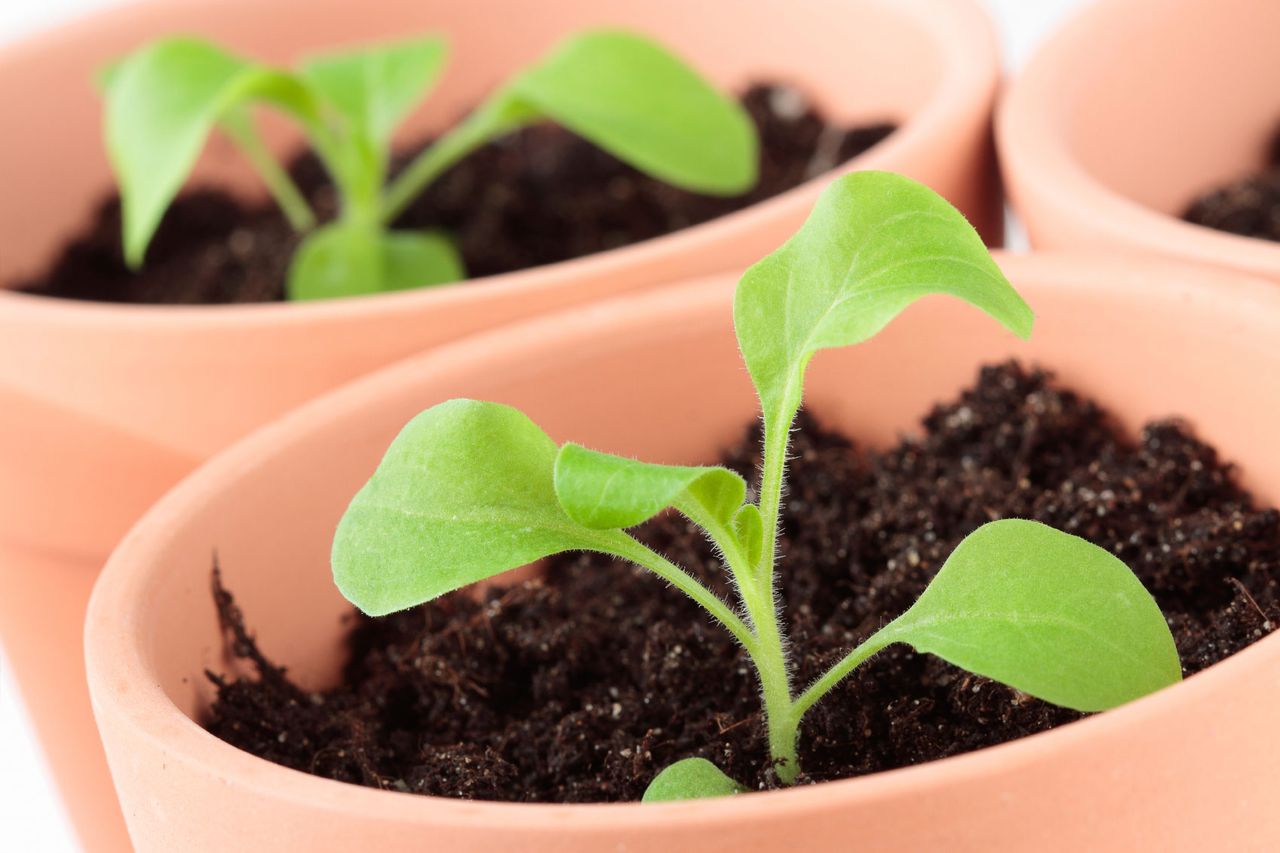Petunia Seeds Plant: Everything You Need to Know
Petunias are one of the most popular and versatile flowering plants that can be grown in gardens, containers, hanging baskets, and even indoors. They come in a wide range of colors, sizes, and varieties, making them a favorite among gardeners and flower enthusiasts. In this article, we will delve into the world of petunia seeds plants and provide you with all the information you need to grow and care for these beautiful blooms.
Getting Started with Petunia Seeds
Petunias can be grown from seeds or purchased as seedlings from nurseries or garden centers. If you choose to grow petunias from seeds, there are a few things to keep in mind. Petunia seeds are tiny and should be sown on the surface of the soil, as they need light to germinate. It is important to keep the soil moist but not waterlogged, as this can cause the seeds to rot.
Choosing the Right Location
Petunias thrive in full sun, so it is important to choose a location that receives at least 6-8 hours of sunlight per day. They also prefer well-draining soil, so make sure to plant them in a location where water does not pool or collect.
Sowing Petunia Seeds
To sow petunia seeds, simply sprinkle them on the surface of the soil and lightly press them down so they make good contact with the soil. Keep the soil moist by watering gently with a spray bottle or misting the surface of the soil. Petunia seeds typically germinate within 7-14 days, depending on the variety and environmental conditions.
Caring for Petunia Seedlings

Once your petunia seeds have germinated and the seedlings have emerged, it is important to provide them with proper care to ensure their healthy growth and development. Here are a few tips for caring for petunia seedlings:
Watering
Petunias prefer moist soil, so it is important to water them regularly, especially during hot and dry periods. However, be careful not to overwater, as this can cause root rot and other issues. Water at the base of the plant to avoid wetting the foliage, which can lead to disease.
Fertilizing
Petunias are heavy feeders and will benefit from regular fertilization. You can use a balanced fertilizer once a month or a slow-release fertilizer at the time of planting to provide your petunias with the nutrients they need to thrive.
Deadheading
To encourage continuous blooming, it is important to deadhead spent flowers regularly. Simply pinch off the faded blooms to promote new growth and prolong the flowering season.
Pruning

Petunias can become leggy and unruly if not pruned regularly. To maintain a compact and bushy shape, pinch back the stems and branches of your petunias to encourage branching and more flowers.
Common Problems and Solutions
Like all plants, petunias are prone to certain pests and diseases that can affect their growth and overall health. Here are some common problems you may encounter when growing petunias and how to address them:
Botrytis Blight
Botrytis blight is a fungal disease that causes gray mold to form on the flowers and foliage of petunias. To prevent this disease, avoid overhead watering and provide good air circulation around the plants. Remove and destroy infected plant material to prevent the spread of the disease.
Aphids
Aphids are small, soft-bodied insects that feed on the sap of plants, including petunias. To control aphids, you can spray the affected plants with a strong stream of water or use insecticidal soap. Ladybugs and lacewings are natural predators of aphids and can help keep their populations in check.
Spider Mites
Spider mites are tiny pests that suck the sap from the leaves of plants, causing them to turn yellow and stippled. To control spider mites, you can rinse the affected plants with a strong stream of water or use neem oil or insecticidal soap.
Conclusion
Petunia seeds plants are a beautiful and versatile addition to any garden or landscape. With their wide range of colors and varieties, petunias can brighten up any space and provide months of continuous blooms. By following the tips and guidelines outlined in this article, you can successfully grow and care for petunias in your own garden. So why wait? Start sowing your petunia seeds today and enjoy the beauty of these stunning flowers in your home!